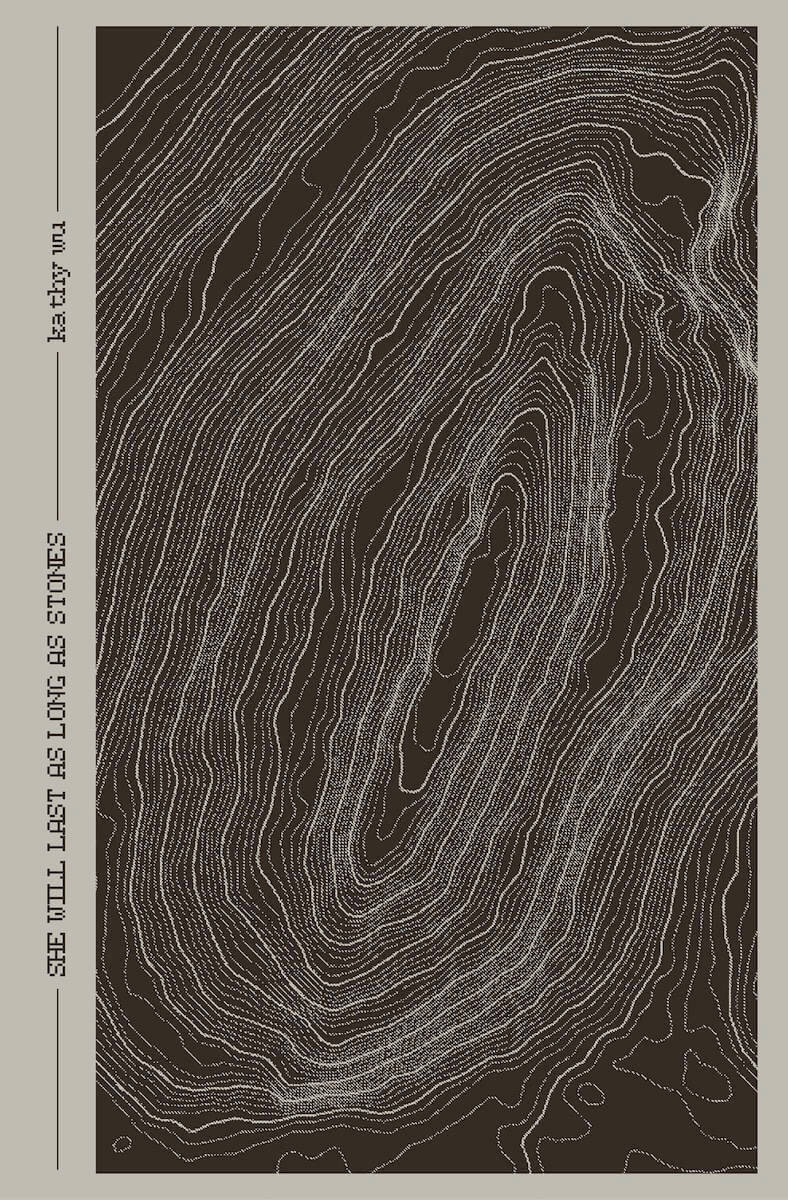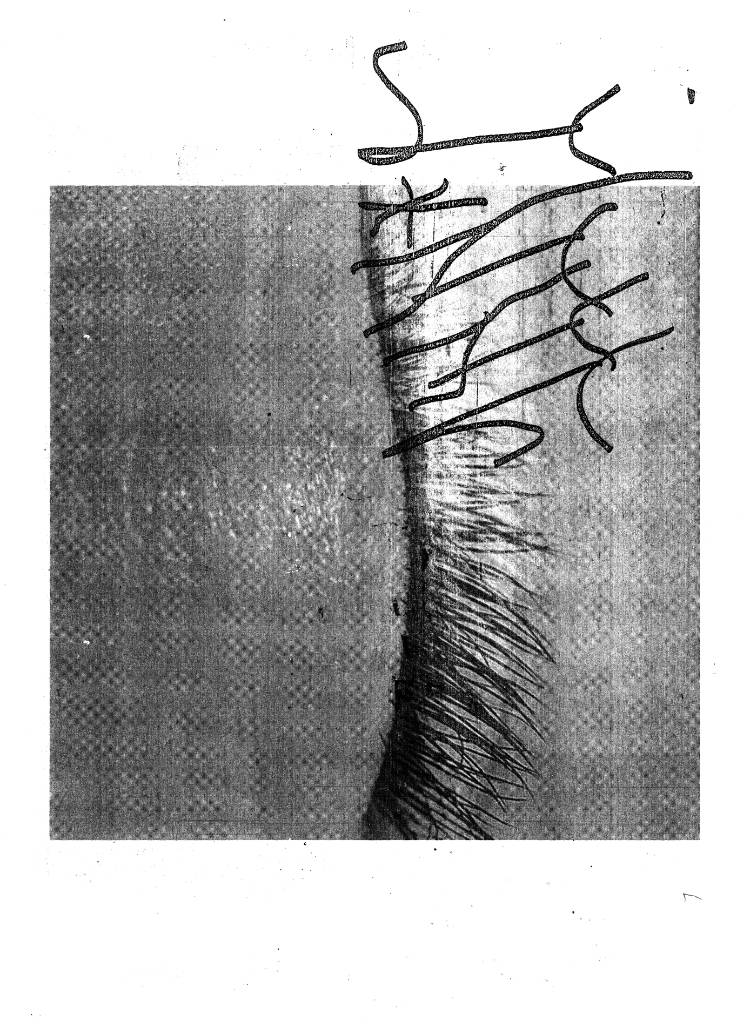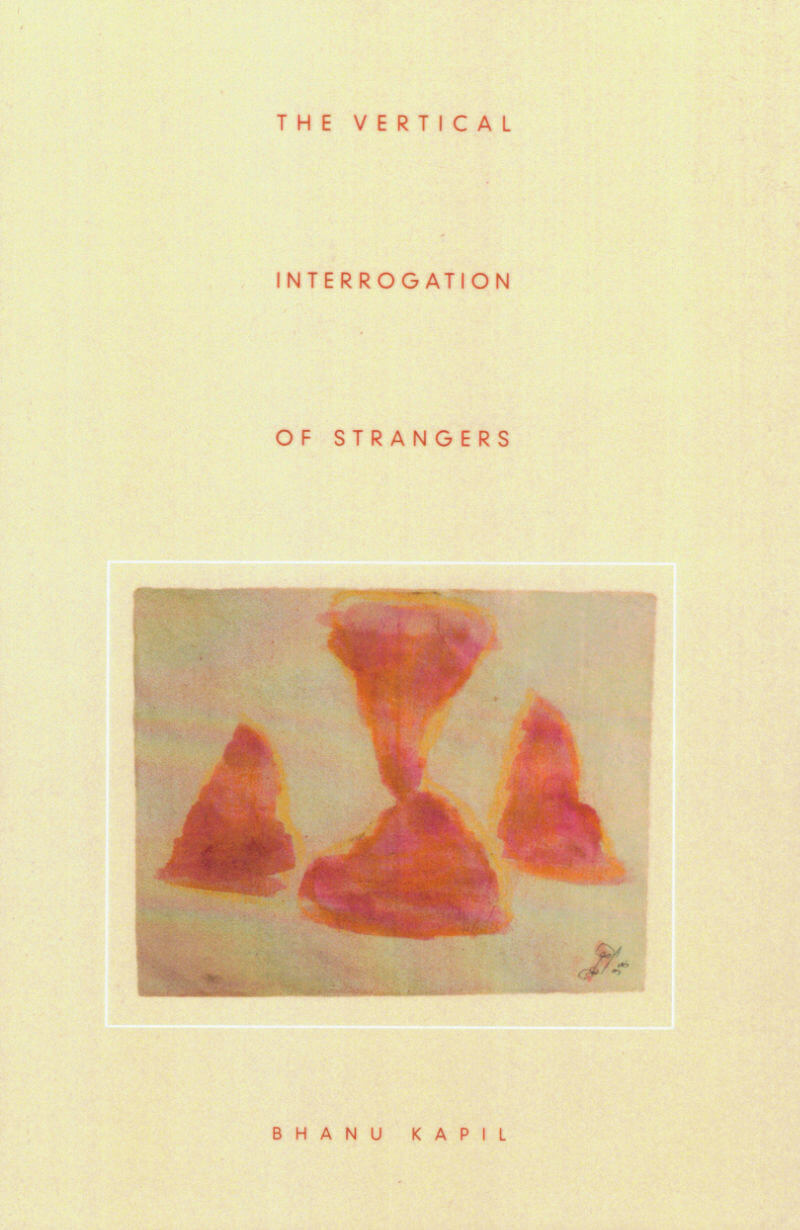
Klima #06
Antonine Scali Ringwald ed., Alicia Reymond ed., Loucia Carlier ed.
The sixth issue of the transversal journal, at the crossroads of art and thought, political philosophy, gender studies and academic knowledge, delves into the various forms of mutation that ripple through our world.
In biology, a mutation describes an alteration of the genetic code that spurs change in a given organism. In linguistics, it generally triggers a modification of the structure of a word, often influenced by phonetic or morphological factors. In any case, mutations—steered by some ever-changing principle—always elude the spatio-theoretical framework which they are rooted in.
Therefore, the mutations composing this issue are different from those that preceded them, and still unlike the ones that will arise in the years to come. Mutabilities explores mutations operating in various fields of research that are precious to Klima—such as ecology, contemporary art, social sciences and politics, technology, or even language. Co-edited with curator Alicia Reymond, and in collaboration with graphic design studio Espace Ness, this new issue originates from an ongoing transformation process. Mirroring an exquisite corpse, Mutabilities unveils the interventions of contributors who position forms of radical mutation at the core of their own practice. The mutations driving them not only constitute subjects for theoretical analysis, but are actually the result, the consequence, and/or the fruit of embodied reflexions. What is a mutating practice?
Edited by Loucia Carlier, Alicia Reymond, Antonine Scali Ringwald.
Contributions by Karen Barad, Léa Bouton, Patrick Chamoiseau, Emma Bigé, Salomé Burstein, David Douard, Rita Elhajj, Kim Farkas, Gözde Filinta, Eva S. Hayward, Tishan Hsu, Bhanu Kapil, Veit Laurent Kurz, Yein Lee, Lionel Manga, P. staff, Diamond Stingily, Sabrina Röthlisberger Belkacem, The School of Mutants, Sarah Shin, Olivier Zeitoun, Joanna Zylinska.
Klima is an annual magazine dedicated to contemporary creation and academic research. It aims to democratize the academic world through a conversation with the world of contemporary artistic creation. Klima gives a voice to creative, singular and conscious individuals, by relating art, activism and academia.







